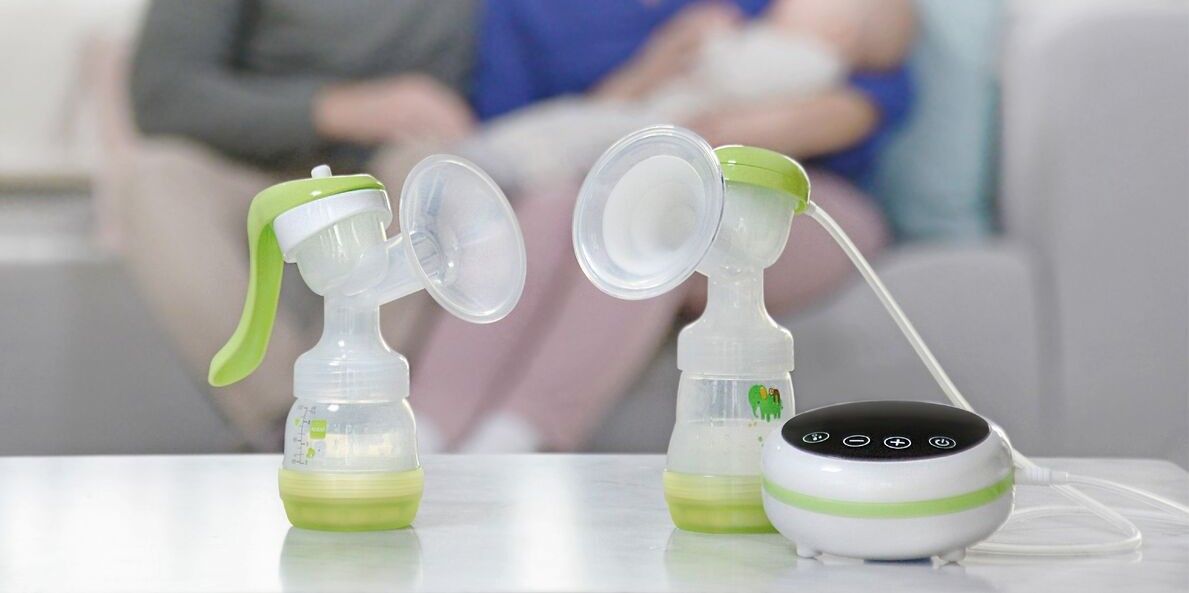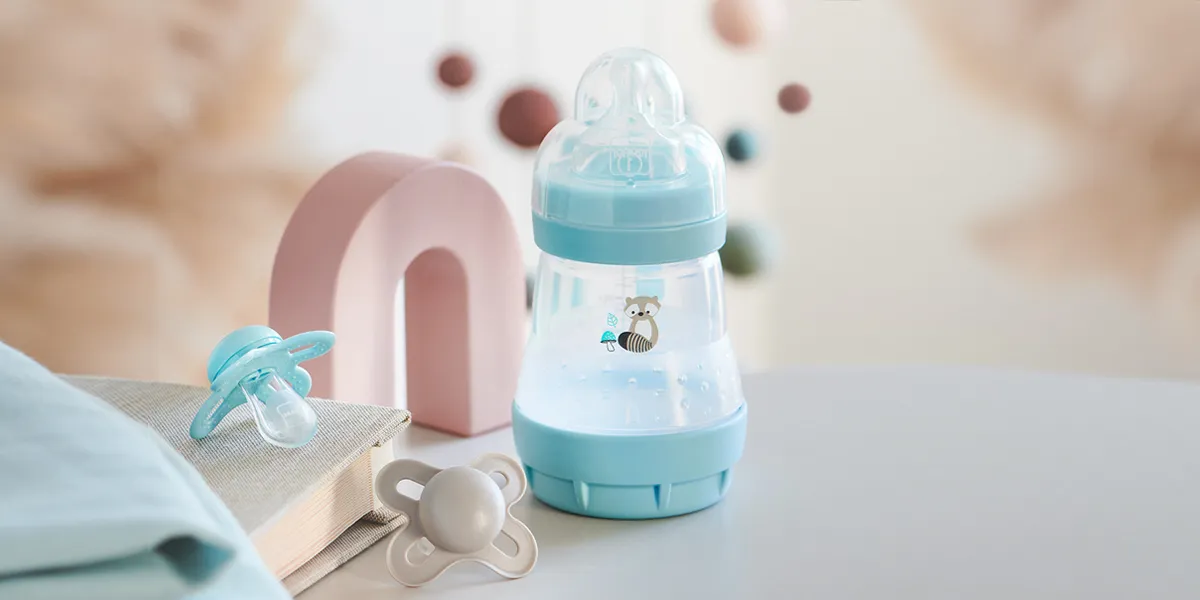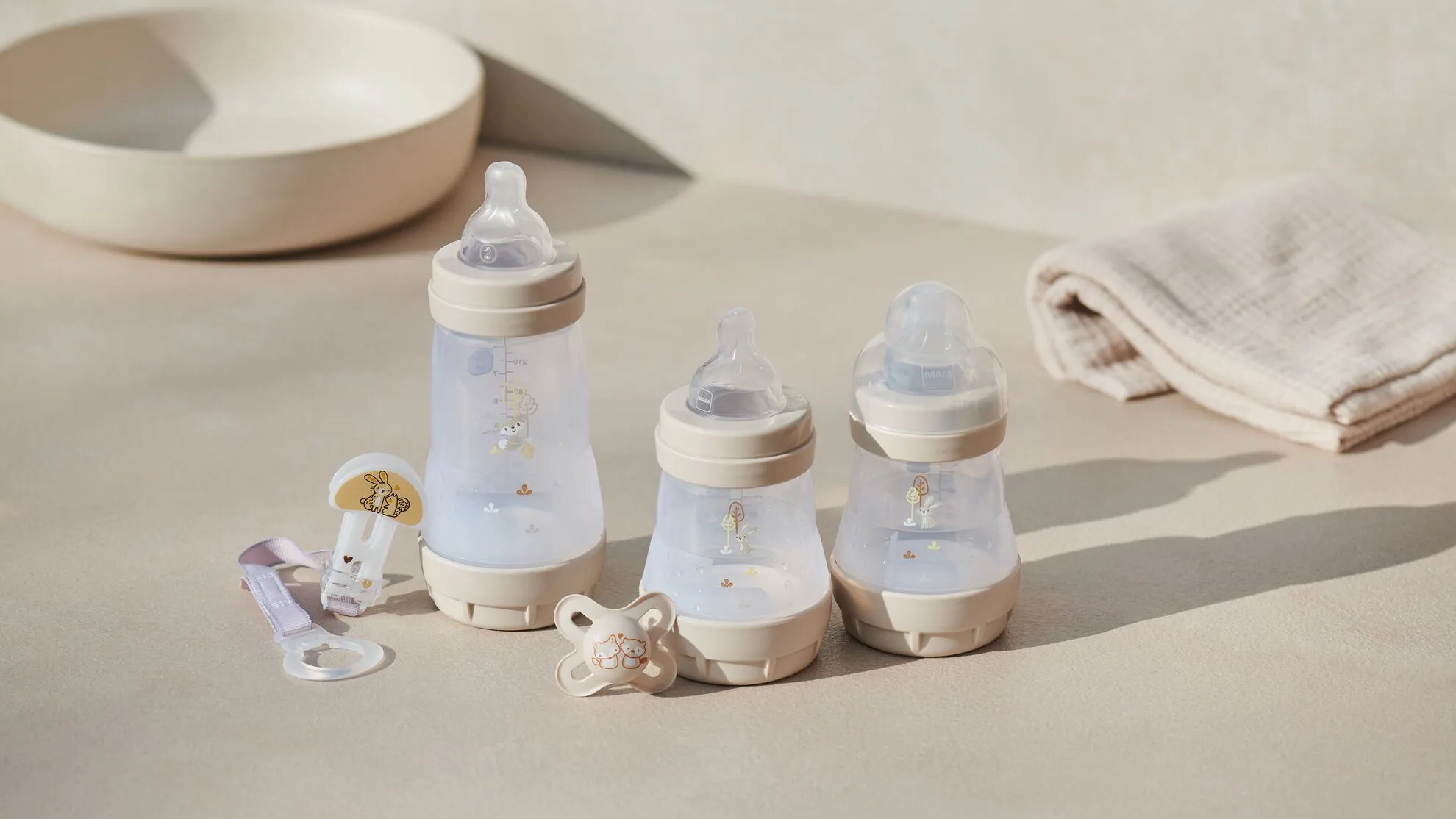You know how it was meant to be, right? The glowing infant in your arms, the delighted family, and safely back home after a few days at most. Just like everyone else. But then suddenly everything turns out differently. How do you cope when your baby comes much too early? And what challenges will you need to overcome with a preemie baby?
What is a premature baby?
According to the WHO definition, children born before the 37th week of pregnancy are considered premature / preemies. A further distinction is made depending on the week of pregnancy at which the baby is born:
- Before the 28th week of pregnancy: Extreme premature birth
- 28th to 32nd week: Premature Birth
- 32nd to 37th week: Late premature birth
Thanks to today’s medical advances, even babies born as early as in the 24th week of pregnancy have a good chance of survival. However, the earlier the baby comes and the lower the birth weight, the greater the risk of permanent damage to the brain and/or organs. To maximize protection, premature babies are delivered by Caesarean section wherever possible.
What problems do premature infants have to contend with?
- Because their lungs are not mature, premature babies usually need help breathing. A common complication is “respiratory distress syndrome”. If possible, the mother is injected with cortisone before birth to accelerate the development of the lungs.
- Premature babies are highly susceptible to infections, as the immune system is not yet fully developed. Even harmless germs can be life threatening.
- Depending on the level of maturity of the premature baby has reached, certain organs or organ systems may not be fully functional.
- To keep them safe, premature infants are often placed in incubators where temperature and humidity are kept constant and germs excluded.
- Sometimes, they need to be fed through tubes as well.
What challenges do parents face?
Most parents of premature babies live in constant fear for their child. Depending on how much medical intervention is needed, even the sight of the child can be painful for the parents. Opportunities for bonding can be severely limited as a result – even though physical contact is always encouraged whenever possible, as it can also contribute to the baby’s development.
Some parents are forced to commute for weeks between hospital and home or even live in a hospital for a while. Normal everyday life and work is barely possible, if at all. Even more so than for all other new parents, everything revolves around the baby and its health.
Many things are different for parents of premature babies:
- A recovery phase after birth in a common bed with cuddling, breastfeeding and getting to know each other is no longer an option.
- You live in a constant state of emergency, which can be very stressful both mentally and physically.
- The frequent separation from your baby can also be very difficult.
- Visits are not possible or only possible to a limited extent: you can’t simply introduce your baby to family and friends or go for walks together.
- Instead of meeting friends and family, you will mainly be seeing doctors, nurses and carers.
- In place of baby mobiles, there are monitors hanging over the bed.
- Mothers of premature babies need to get their milk flow going with artificial help, because here the rule applies even more than usual: breast milk is the best for baby. So many mothers of premature babies spend a lot of time with a breast pump in the early days and weeks. This may be exhausting but it’s highly worthwhile, because the milk contains precious antibodies that help build your baby’s immune system.

How can parents of premature babies be supported?
The best place to start is being mindful of your own language. Statements like “I know someone who was born premature and is now quite normal” are not helpful. Nobody knows what will happen. The parents may be expecting months of lengthy therapy. And what does “normal” mean anyway?
It’s better to listen than offer advice, however well intentioned.
Rather than posing inquisitive questions about the baby’s state of health, it may be enough just to ask how the parents are doing. Even if it is difficult to feel your way into the situation, you can always listen.
Everyone is different: some will need rest and privacy, others will want to be distracted. If you are unsure how you can help, just gently ask.
Is home life the same as with other parents?
How life continues after hospital depends very much on the baby’s state of health and possible impairments. In many cases, premature infants are checked more often and over a longer period of time. This is because, for example, learning difficulties only become apparent later.
But there is light at the end of the tunnel. Thanks to today’s medical advances, many premature babies develop into bright, healthy children who don’t even notice their tough start in life. And over time, their parents’ worry lines often give way to laughter lines.
Photos: Unsplash, Shutterstock
Sources: https://www.who.int/news-room/fact-sheets/detail/preterm-birth





























